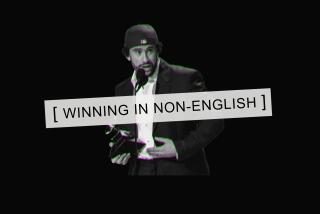Debating death
It was always a long shot that the U.S. Supreme Court would outlaw capital punishment by finding fault with the most common method of execution, lethal injection. But in upholding Kentucky’s use of a three-drug “cocktail” to kill convicted murderers, the justices engaged in a debate that could lead a future court to declare the death penalty unconstitutional.
Wednesday’s 7-2 decision ends a national moratorium on executions. Even if the court had ruled the other way, however, it wouldn’t have meant an end to executions. In arguing that Kentucky’s protocol created an “unnecessary risk of pain and suffering,” lawyers for two inmates suggested a more humane, one-drug method of lethal injection. If the court had endorsed that view, Kentucky and other states would have been free to change the procedures for lethal injection.
What is cruel and unusual about capital punishment isn’t the use of one combination of chemicals rather than another. It’s the phenomenon cited by the late Justice Potter Stewart in 1972, when the high court invalidated death-penalty laws then on the books. Stewart wrote that “these death sentences are cruel and unusual in the same way that being struck by lightning is cruel and unusual.”
That is still an accurate description of the freakish way capital punishment is administered. In an opinion reluctantly concurring in this week’s decision, Justice John Paul Stevens -- heretofore a supporter of capital punishment -- points to a paradox: Although the public and elected officials continue to support the death penalty as a general proposition, “society has moved away from public and painful retribution toward ever more humane methods of punishment. State-sanctioned killing is therefore becoming more and more anachronistic.”
Stevens’ opinion inspired a sputtering Justice Antonin Scalia to complain in his opinion that legislatures, not courts, should decide whether capital punishment makes sense. Scalia misses the point that even a penalty referred to in the Constitution and given lip service by legislators can be administered so capriciously as to constitute cruel and unusual punishment.
Someday, a majority of the high court may join Stevens in recognizing that the death penalty represents “the pointless and needless extinction of life with only marginal contributions to any discernible social or public purposes.” Meanwhile, lawmakers should make such a conversion unnecessary by abolishing this anachronistic and inhumane punishment.
More to Read
Start your day right
Sign up for Essential California for news, features and recommendations from the L.A. Times and beyond in your inbox six days a week.
You may occasionally receive promotional content from the Los Angeles Times.






